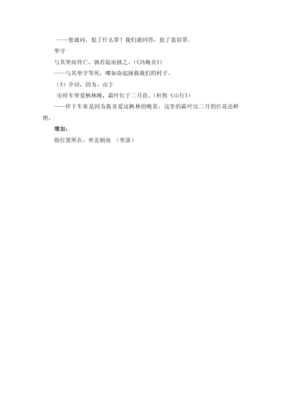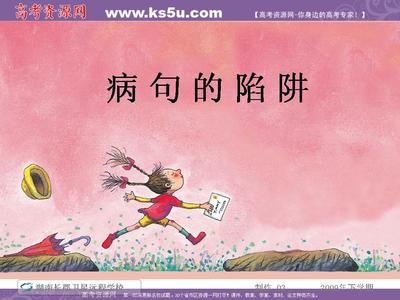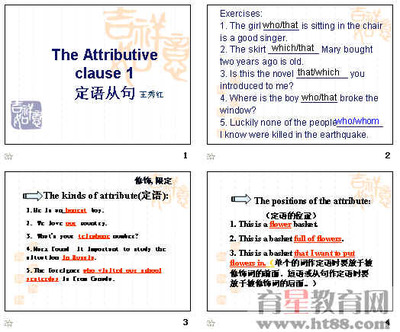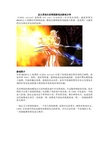wash n. 英语单词,意思有洗, 洗涤,。
washn.
洗, 洗涤, 冲洗, 洗涤剂, 洼地, 洗的衣服, 冲积物
洗, 洗涤, 洗清, 粉刷, 冲出, 弄湿, 流过, 镀金于

vi.
洗涤, 洗澡, 被冲蚀, 漂浮
耐洗的, (证券交易)虚假的
1. a thin coat of water-base paint
2. the work of cleansing (usually with soap and water)
同义词:washing,lavation
3. the dry bed of anintermittentstream (as at the bottom of a canyon)
同义词:dry wash
4. the erosive process of washing away soil or gravel by water (as from a roadway)
同义词:washout
5. the flow of air that is driven backwards by an aircraftpropeller
同义词:slipstream,airstream,race,backwash
6. a watercolor made by applying a series of monochrome washes one over the other
同义词:wash drawing
7. garments or white goods that can be cleaned by laundering
同义词:laundry,washing,washables
8. any enterprise in which losses and gainsCANCELout
动词wash:
1. clean with some chemical process
同义词:rinse
2.cleanse(one's body) with soap and water
同义词:lave
3. cleanse with a cleaning agent, such as soap, and water
同义词:launder
4. move by or as if by water
5. be capable of being washed
6. admit to testing or proof
7. separate dirt or gravel from (precious minerals)
8. apply a thin coating of paint, metal, etc., to
9. remove by the application of water or other liquid and soap or some other cleaning agent
同义词:wash out,wash off,wash away
10. form by erosion
11. make moist
同义词:moisten,dampen
12. wash or flow against
同义词:lave,lap
13. to cleanse (itself or another animal) bylicking
习惯用语be washed out洗退了色; 面色憔悴, 筋疲力尽be (all) washed up[美俚]完蛋了; 失败了; 断绝了; 破裂(多指爱情、婚姻)come out in the wash得到令人满意的结果真相大白have a wash洗脸; 洗澡have a wash and brush up梳洗一下send to the wash送去洗wet wash未充分干燥即送回的洗好的衣服won't wash(论点等)经不起考验; 站不住脚; 没有说服力wash and wear洗后不烫就平的wash against洗刷; 冲洗wash away洗掉; 洗净; 冲走; 冲坏wash down洗掉; 冲洗; (用汤等把食物)送下wash off洗掉, 冲走wash oneself洗澡wash out洗掉; 洗净; 冲垮; 冲走; 淘汰; 排斥; 洗褪了色; [常用被动态]面色苍白而带倦容, 精疲力竭; 取消wash up洗(手, 碗, 碟)[口][通常用被动式]断绝关系; (活动)终止[口][常用被动式]筋疲力尽把...冲上岸
wash_wash -例句
◆wash/washaway◇wash表示“洗(手、衣服等)”,既可作及物动词,又可作不及物动词;◇washaway表示“冲走”、“冲垮”、“洗掉”,作及物动词短语用。[EXERCISES]
①Thefloodsomeofthehousesinthevillage.②Hehisfaceandhands,thenwentdownstairs.③Youmustbeforedinner.(Keys:①washedaway②washed③wash)
◆wear;haveon;puton;dress;(be)in+颜色(服装、眼镜等)
◇wear主要用于穿衣服、戴眼镜(手套、首饰、帽)等,以强调“穿(戴)着”的状态。例如:
MrWualwayswearsabluecoatinwinter.吴老师冬天总是穿着一件蓝色大衣。
◇haveon作“穿(戴)着”解,同wear一样,也表状态,但不用于进行时态。例如:
XiaoWanghasonawhiteshirttoday.(=XiaoWangiswearingawhiteshirttoday.)
小王今天穿着一件白衬衫。
◇puton着重强调“穿(戴)上”的动作。例如:
IliketoputonmyhatwhenIgooutinwinter.冬天,我喜欢外出时戴上帽子。
◇dress既可作及物动词,又可作不及物动词,所接宾语是人而不是衣、帽等物。例如:
1)Hermotherisdressingher.她母亲正在给她穿衣服。
2)Thenursesaredressedinwhite.护士穿着白衣服。
◇“(be)in+颜色或服装、眼镜等”也表示“穿着”的状态,在句中作表语或定语。例如:
Heisinuniformtoday.他今天穿着制服。
◆workon/workat◇workon表示“从事”、“创作”、“进行”,后面接名词、代词或V-ing,强调做具体的事;还可表示“继续工作”、“努力说服”,既可作及物动词短语用,又可作不及物动词短语用。例如:
MissLiuisworkingonanewbook.刘老师正在写一部新书。
We'llworkontillmidnight.我们将继续工作到午夜。
◇workat表示“致力于”、“从事于”、“研究”、“学习”,后面接名词、代词或V-ing,强调把时间和精力等用在某一方面的事情上,侧重于说明所从事的工作性质。例如:
Mr.Zhangisworkingatanewinvention.张先生正从事于一项新的发明。
Hehasworkedatthissubjectformanyyears.他研究这门学科已经好多年了。
◆woulddosth.;usedtodosth.
这两个短语都可以表示“过去经常做某事”,但区别是:
◇woulddosth.表示过去某一段时间内习惯性的行为、活动;
usedtodosth.在时间上主要是同现在对比,暗含“现在已不这样了”的意思;其后既可接表示动作的动词,也可接表示认知或状态的动词。
 爱华网
爱华网



